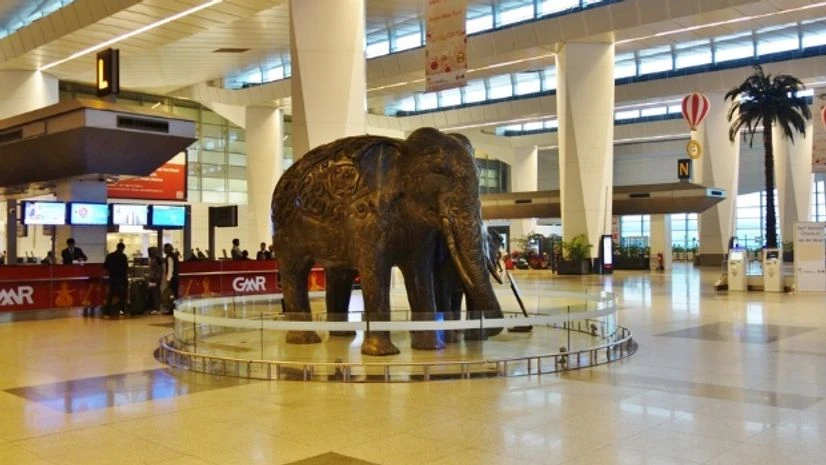This report first appeared on Business Standard on September 18, 2017
Come winter, flight cancellations are likely to surge at the Delhi airport, as its operator has indicated that it will be unable to accommodate a separate schedule for the fog season because of capacity constraint.
Come winter, flight cancellations are likely to surge at the Delhi airport, as its operator has indicated that it will be unable to accommodate a separate schedule for the fog season because of capacity constraint.
The Delhi International Airport Limited (DIAL), however, expects that with both its runways capable of operating under low visibility, and airlines having trained crew members, disruptions will be minimal.
“Last year, there was only one instance where visibility was lower than CAT IIIB for an hour. Such disruptions can be handled operationally, without affecting the network of airlines for a significant period of time,” DIAL has informed airlines. CAT IIIB is a condition where visibility of the runway falls below 50 metres.
DIAL’s communication has raised alarm bells among airlines, as they feel it will force them to cancel flights with no scope of rescheduling. They fear that other airports impacted by fog are not ready for low visibility navigation, which will have a cascading impact on Delhi airport, too. “Airports such as those at Bagdogra, Chandigarh, Guwahati, Lucknow and Srinagar don’t have compliant navigational aid to support flight operations in low visibility.
Some of these airfields are also not available during morning and evening hours. So, the consequential delays it will cause at Delhi need to be adjusted,” said an airline official. The official added that on an average, at least 45 flights of a single airline are rescheduled on a single day. “If we are not given the time to reschedule flights, many will have to be cancelled leading to a rise in fares and passenger inconvenience,” he said.
Also Read
Airlines in India normally file a separate schedule for peak fog days. It takes into consideration that flights to and from Delhi, which are impacted by fog, could be delayed and, hence, rescheduled. This year the period, impacting flights in the north and the Northeast, is likely to start from December.
A Delhi airport official said that having a single schedule for winter will allow the airport to plan better and maximise utilisation of resources. “Having a separate schedule requires two sets of resources like slots to be blocked for a single flight. If this can be eliminated we can give better slots to airlines according to their requirement,” he said. Adding, “Airlines should ensure that aircraft and crew trained to operate in low-visibility conditions are at service during morning hours.”
Availability of slots has become difficult at airports due to rise in air traffic. Aviation consultancy firm CAPA estimates that most of the 40 largest airports will have exceeded their capacity in the next few years.
At the Delhi airport, the busiest in the country, additional slots during peak hour traffic dried up, forcing the airport operator to undertake an expansion plan of Rs 16,000 crore.

)
